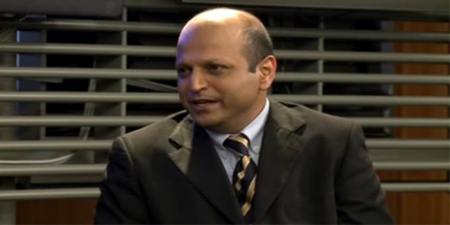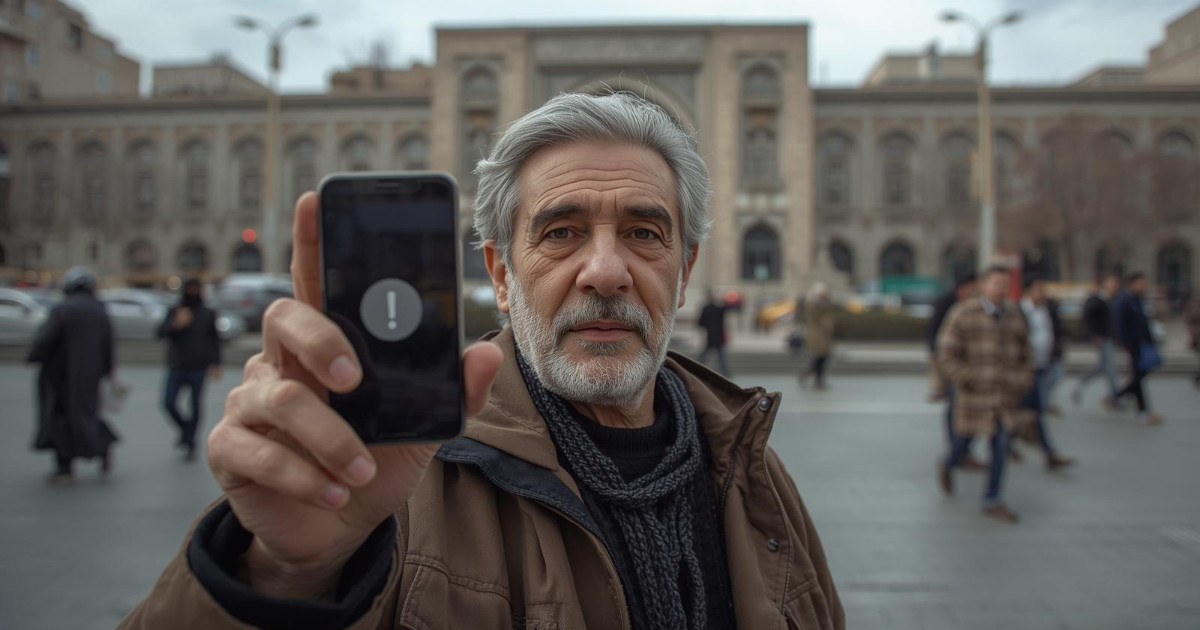PMDA to take the country back to Gen Zia era: The News
JournalismPakistan.com | Published: 21 August 2021
Join our WhatsApp channel
The proposed Pakistan Media Development Authority aims to impose severe restrictions on journalists. This move has faced unified opposition from the media fraternity, who view it as detrimental to free speech.Summary
ISLAMABAD—The devious ploy of Pakistan’s information ministry to place more curbs on journalists by enacting a draconian new law is nothing short of taking the country back to the era of military dictator General Ziaul Haq, perhaps even worse, renowned journalist Azhar Abbas (pictured) wrote in The News.
The story titled: "Curbs on journalists: No, Mr prime minister. Absolutely not!", published on the front page emphasized that the move to establish a so-called Pakistan Media Development Authority (PMDA) is yet another attempt to wield complete control over the mainstream private media and to silence independent voices on social media.
"Almost the entire journalists’ fraternity and media organisations have rejected this move, terming it the ‘most harsh attempt to muzzle the media,’ but the government seems determined in its efforts to get this law passed from parliament. And they seem to be in a hurry as if they have been given a deadline to complete this task," noted Abbas, who is the managing director of Geo News.
Journalists have struggled hard over the last few decades to get more space to conduct a serious debate and dialogue on issues of national importance. But the last few years have seen the media go through the worst of times, suffering growing restrictions and intimidation. Despite this, it seems as if even this level of control is not enough and more strangulation is needed to create a straitjacket media in the country, tamely parroting the views of the national leadership.
A national narrative that has the ownership of the majority can only develop after an open, thorough, and critical debate. Critical voices are essential to maintain checks and balances, Abbas wrote.
“Our national leadership is rightly concerned about the country getting negative international press on major issues such as Afghanistan. While they want local journalists and analysts to counter this adverse coverage, they are not ready to provide a less restrictive environment in the country. Only free media can provide dissenting views and analysts who are respected locally and internationally.”
“Pakistani journalists have been struggling to have an open national discourse on the domestic and foreign policy issues that are detrimental to Pakistan’s future. But every time the country’s intelligentsia, including the mainstream media, gain space and challenge the prevailing official narrative, they have been pushed back one way or the other. Critical voices are either silenced or taken off mainstream media due to pressures and intimidation.
“PMDA is in fact an attempt to further reduce whatever space is left for an open national debate. It seems to have been conceived with a predetermined agenda to silence critical voices and allow only a pliant media to survive.
As if using the electronic media regulator PEMRA to muzzle free speech was not enough, the government now wants to converge all media regulatory bodies under one umbrella. It also wants to restrict independent views on social media in the name of regulating digital media platforms.
“It goes without saying that no government can give licenses to the hundreds of thousands of people using various digital platforms to express their opinions — leave alone managing or regulating them on a regular basis. Obviously, the target is only those dissenting voices who are not ready to follow the so-called national narrative.
“In a recent interaction between media bodies and the information ministry, State Minister Farrukh Habib assured participants that the Rs25 million fine for violations under the new PMDA is a maximum penalty and asked the media to trust him when he says it will not be imposed. He also assured his audience that the PMDA will be far more independent than other regulators.
“It only took a few days for his assurances and trust to evaporate. The minutes of the meeting issued by the ministry clearly misrepresented what was discussed. While the media organizations rejected the PMDA in no uncertain terms, the minutes did not reflect that denunciation at all. The joint body of media organizations had to issue a statement rejecting those minutes. So much for the trust, the minister was talking about! Apparently, such deceptive exercises were conducted to show that all stakeholders were taken on board.
“Meanwhile, Information Minister Fawad Chaudhry has said that one of the main purposes of the PMDA is to protect media workers’ rights, including the right to job security, pay, and privileges. However, if the government takes away a journalist’s biggest right—the right to free speech—what other rights can be protected? In fact, the way the media has been strangulated in the last few years has made many journalists jobless while several have received pay cuts.
“The country’s national leadership has repeatedly said it wants a strong and progressive Pakistan. That is clearly a formidable task and to achieve it requires a significant change in mindsets and attitudes, something which is not possible without a free and vibrant media.
“Pakistan will not progress by hiding what happened at the Minar-e-Pakistan on our Independence Day; it will prosper only if we highlight why that horrific incident happened, what went wrong with the response and how to change attitudes and ensure such incidents never ever happen again.
"It is not clear in what way and to what extent the prime minister has been briefed by his information ministry on the resentment shown by the media industry on establishing the PMDA," the paper noted, concluding that after a long time, the entire media fraternity is united on this single issue and stating with one voice: ‘No Mr. Prime Minister. Absolutely Not!’
KEY POINTS:
- PMDA law threatens to curtail press freedoms in Pakistan.
- Journalists and media organizations have united against the PMDA.
- The law aims to consolidate media regulation under one authority.
- Critics argue it suppresses dissenting voices and independent media.
- The initiative is seen as an attempt to create a controlled narrative.

























